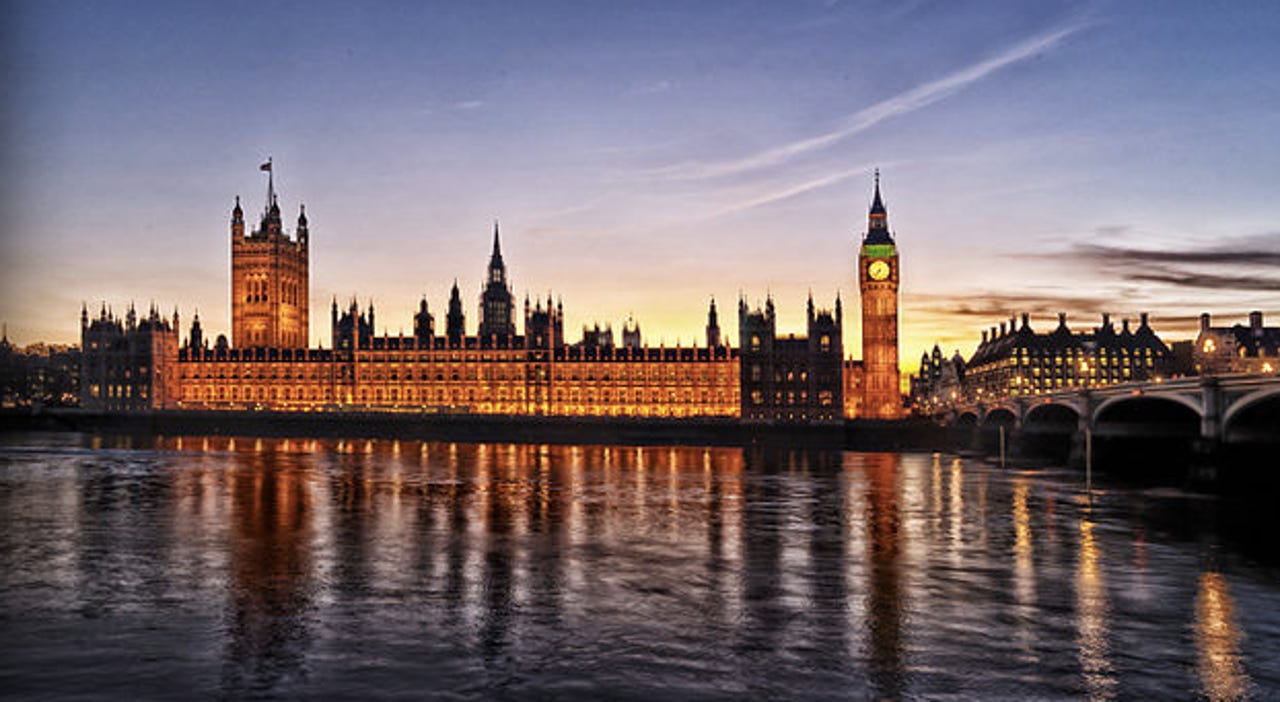UK gov. coalition partner may drop support for data snooping bill


The coalition-supporting Liberal Democrats party could scupper the so-called "snoopers' charter," the U.K. government's plans to increase Web, email and phone call surveillance powers in the country, by pulling support for the draft law completely.
According to sources speaking to the BBC, the minority coalition partner in the current government may oppose the plans to give law enforcement and intelligence agencies near-realtime access details of Web, email and phone call use of ordinary citizens, using a parliamentary report due out next week to justify the move.
Introduced formally during the Queen's Speech earlier this year, the draft Communications Data Bill will allow police and intelligence services access to data relating to Web use, email communications and phone calls in order to crack down on terrorism and national security threats. The bill would expand law enforcement powers to the Web and email, rather than just mobile phones as it is presently.
U.K. 'snoopers' charter' law
The data, such as which Web site was visited along with the date and timestamp, along with the phone number or email address of senders and recipients, will be stored by ISPs for a period of up to 12 months.
This data will be available to law enforcement without a search warrant -- an in-house senior police officer or intelligence official will be able to grant access to such data -- but the contents of the Web traffic, email communications, and phone calls will still be under lock and key and require a court order or a signed search warrant from the Home Secretary.
While social network activity will be logged to a certain extent, only the domain names will be logged, rather than each sub-domain or user's social networking page.
Snoopers' charter in jeopardy
The Home Office says the bill will become law by 2014, but sources speaking to the BBC say the Liberal Democrat party leader and deputy prime minister Nick Clegg was "noncommittal" about the future of the bill.
One senior Liberal Democrat minister told the BBC: "The report gives [Clegg] an opportunity to kill the bill for good and that's what he wants to do."
Another minister called the bill, "a dead duck," arguing that the failing of the draft law is, "a question of when, not if."
The Liberal Democrats' support for the bill is crucial if the government wants to push the bill into law, as the two-part U.K. coalition government is held together by the support of the Liberal Democrats, as a result of negotiations held just after the 2010 U.K. election in which there was no clear majority party winner.
Opposition party Labour has yet to signal whether or not it will support he bill.
Doubts ahead of a parliamentary report
The report that will supposedly twist Clegg's way of thinking will issue its findings next week. It is understood that the joint committee of members of Parliament (MPs), who wrote the report, will cite a number of reasons as to why the bill should not pass.
Included in the report, the MPs accuse the Home Office of failing to make the case for the new laws, particularly by failing to show how police and intelligence services use existing laws to monitor mobile phone data; the bill infringes civil liberties and invades privacy as it does not possess adequate data protection safeguards (the EU warned that it may veto the bill in Brussels if it does not receive adequate safeguards of data protection and privacy); and the pool of data collected could become a security threat in itself, as well as being open to abuse.
One committee MP told the broadcaster that the Home Office needs to take a "more proportionate way forward." Even some Home Office ministers have "doubts," noting that during the Conservative's 2010 election manifesto the party would "scale back [Labour, the previous government's] database state."
The draft Communications Data Bill has also been attacked by critics after the tax-payer would be forced to spend around £1.8 billion ($2.9bn) for the privilege of having their communications data stored and access by law enforcement without proper judicial oversight.
The U.K.'s Information Commissioner, Sir Christopher Graham, warned that the most determined criminals and terrorists that are in the crosshairs of this bill would easily avoid detection by using smaller Internet providers that weren't subject to the proposed laws, or use high-end encryption technology to evade detection.